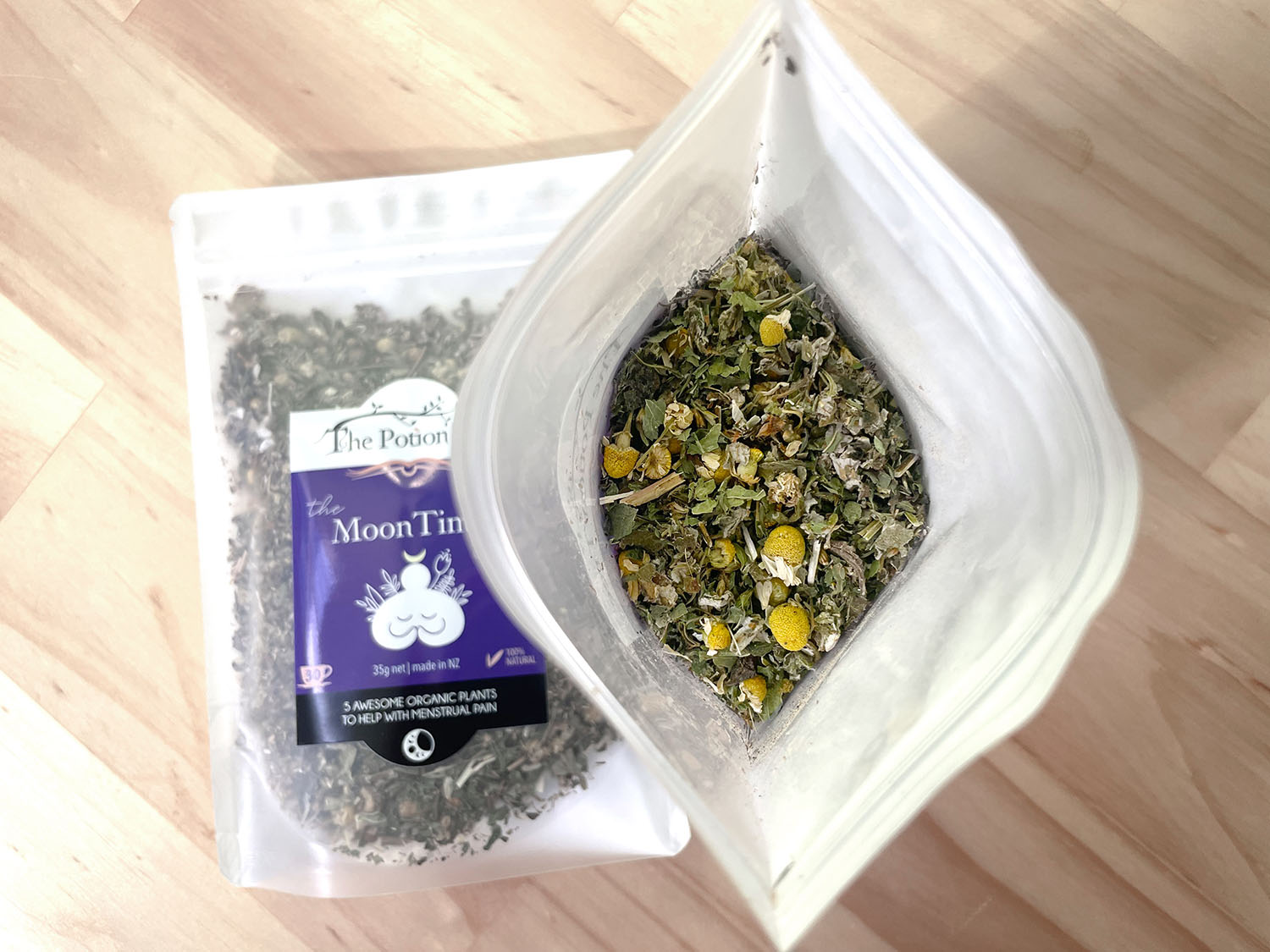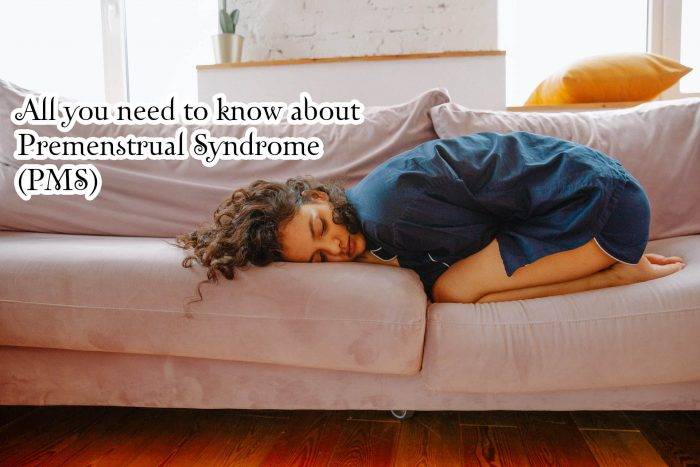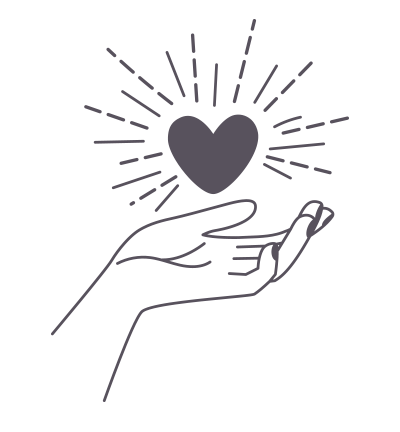Premenstrual syndrome, or PMS, is a condition characterised by mood and behavior changes, physical health, and behavior that develop between ovulation and the start of your period, and last until a few days after your period begins. These symptoms typically show up consistently each month and can have some impact on everyday life and regular activities. It is a very common concern, affecting nearly 48% of women of reproductive age, with approximately 20% of them experiencing severe enough symptoms to affect their regular routine.
PMS is a real condition that can disrupt daily life and cause significant physical discomfort and emotional distress. This article will cover the symptoms of PMS in detail, along with tips on getting support and relief from your symptoms.
Symptoms of Premenstrual syndrome
While PMS often involves mild or moderate symptoms that don’t majorly affect daily life, symptoms can be severe enough to impact your everyday activities and overall well-being.
Emotional and behavioral symptoms of PMS can include:
- anxiety
- restlessness
- feeling on edge
- unusual anger and irritability
- changes in appetite
- including increased food cravings
- especially for sweets
- changes in sleep patterns
- including fatigue and trouble sleeping
- a sad or low mood
- rapid shifts in mood and emotional outbursts
- decreased sex drive
- difficulty concentrating or remembering information
Physical symptoms may include:
- abdominal bloating
- cramping
- breast tenderness
- acne
- constipation
- diarrhea
- headaches
- back and muscle pain
- sensitivity to light or sound
- unusual clumsiness
What causes premenstrual syndrome (PMS)?
Although scientific research hasn’t led to a conclusive cause of PMS or an explanation for why some people experience it more severely than others, experts believe that PMS happens in response to changing levels of hormones such as estrogen and progesterone that naturally fluctuate throughout the menstrual cycle.
Chemical changes in the brain that involve neurotransmitters like serotonin and norepinephrine may also factor into PMS symptoms. Living with a mental health condition like depression or anxiety, certain lifestyle factors such as smoking, poor diet, lack of regular physical activity, or lack of quality sleep can also increase the severity of PMS symptoms.
Could it be PMDD?
Premenstrual dysphoric disorder (PMDD) is a more severe form of PMS that shares similar symptoms due to fluctuations in levels of estrogen, progesterone, and serotonin.
PMDD symptoms can be quite diverse, including : depression, intense sadness, and crying spells, thoughts of suicide, panic attacks, anxiety, anger, or irritability, sudden mood swings, a loss of interest in daily activities, insomnia, difficulty with thinking or concentrating, binge eating, painful cramping, and bloating.
If you have thoughts of suicide :
or if you’re experiencing intense emotions or persistent thoughts of death, dying, or suicide, it can be difficult to discuss them with family and friends. Be aware that it means that you need ressources to cope with your actual struggles. It can be difficult to see or reach this ressources. However, you’re not alone. There are crisis helplines available that offer free and confidential support 24/7. Trained crisis counselors can help you navigate through overwhelming feelings and teach you new coping strategies during a crisis.
All the services listed here are available 24 hours a day, seven days a week unless otherwise specified.
NZ National helplines
Free call or text 1737 any time for support from a trained counsellor.
Lifeline – 0800 543 354 (0800 LIFELINE) or free text 4357 (HELP).
Youthline – 0800 376 633, free text 234 or email talk@youthline.co.nz or online chat.
Samaritans – 0800 726 666
Suicide Crisis Helpline – 0508 828 865 (0508 TAUTOKO).
Healthline – 0800 611 116
You can also visit this link and follow your instinct : https://mentalhealth.org.nz/helplines
Easing the menstrual pain and other symptoms of premenstrual syndrome
Although there’s no cure for PMS, there are steps you can take to alleviate your symptoms. To find relief from mild to moderate symptoms, you might consider trying the following strategies:
- Stay hydrated by drinking plenty of fluids. This includes herbal teas (try our Moontime Tea, it includes the best organic herbs for menstrual pain), such as red raspberry leaf or chamomile, which can help ease cramping.
- Maintain a balanced diet that’s rich in fruits, vegetables, and whole grains.
- Consider reducing your intake of sugar, salt, caffeine, and alcohol, particularly if you’re sensitive to their effects.
- Ask your healthcare professional about supplements like folic acid, vitamin B-6, calcium, and magnesium, which may help reduce cramps and mood symptoms.
- Boost your vitamin D levels through natural light, food, or supplements.
- Aim to get 7 to 9 hours of sleep each night to relieve fatigue and enhance overall well-being.
- Engage in at least 30 minutes of physical activity per day, if possible. Exercise can not only relieve bloating and cramping, but it can also help alleviate symptoms of anxiety and depression.
- Allocate time each day for self-care, which might involve exercise, relaxation, time alone for hobbies, or social interaction.
- Over-the-counter medications and treatments can also help reduce physical PMS symptoms. These include pain relievers like ibuprofen, aspirin, or acetaminophen for head and muscle aches or stomach cramping, diuretics to relieve bloating and sore or tender breasts, and heat wraps or heating pads on your abdomen to ease cramps.

When to reach out to a doctor
If PMS symptoms become severe enough to disrupt your regular routine on a monthly basis, it’s recommended to reach out to a doctor or clinician.
Scientific references :
- https://www.ncbi.nlm.nih.gov/books/NBK560698/
- https://www.ncbi.nlm.nih.gov/pmc/articles/PMC6723319/
- https://www.ncbi.nlm.nih.gov/pmc/articles/PMC5905748/
- https://www.ncbi.nlm.nih.gov/books/NBK279265/
- https://www.womenshealth.gov/menstrual-cycle/premenstrual-syndrome
- https://www.acog.org/womens-health/faqs/premenstrual-syndrome



